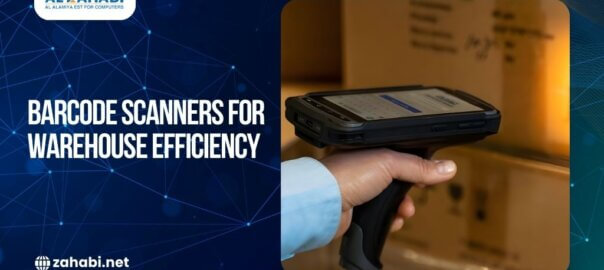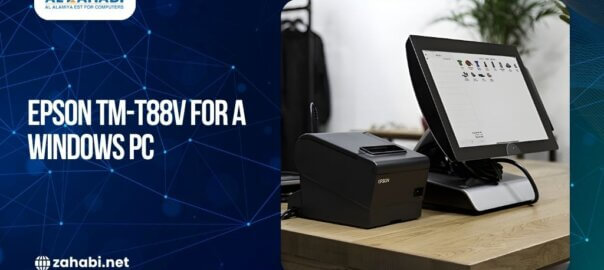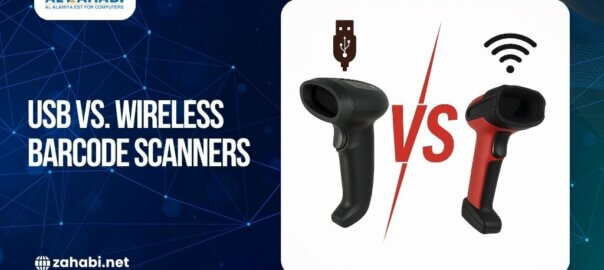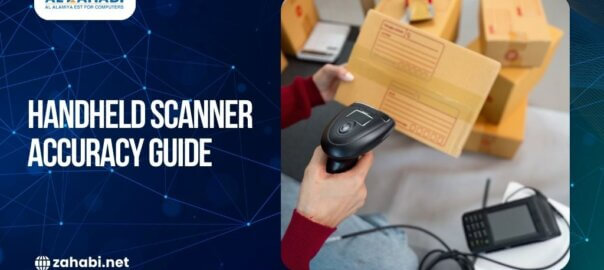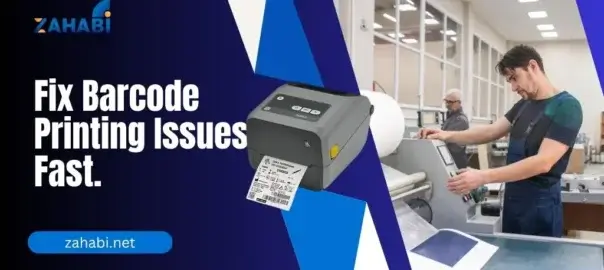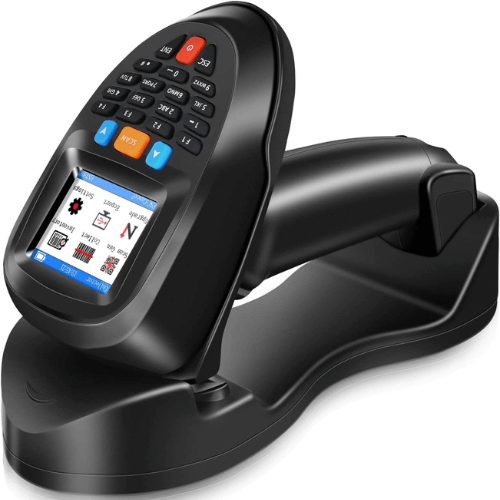
Effective inventory management is crucial for companies to have smooth operations, reduce losses, and enhance efficiency. A Data Collector for Inventory is an effective tool that is used to automate the monitoring, tracking, and optimizing of stocks.
In this blog, we will explore how businesses can utilize a data collector to efficiently manage their inventory by incorporating advanced features like automation, real-time data, and integration with other systems.
What is a Data Collector for Inventory?
An inventory data collector is a device or a system used for collecting, storing, and processing inventory-related data. It can be a barcode system, a hand-held scanner, or software solutions coupled with cloud technology. Data collectors enable organizations to monitor inventory automatically, avoid human errors, and facilitate fact-based decisions.
Key Features of an Inventory Data Collector:
- Real-Time Inventory Tracking: Tracks the change in the number of stocks in real time whenever a transaction occurs.
- Barcode & RFID Scanning: Allows accurate data entry and quick product identification.
- ERP & POS System Integration: Synchronizes inventory data across all business activities.
- Automated Reporting & Alerts: Provides insights into stock movement, low stock alerts, and demand forecasting.
- Cloud-Based Storage & Access: Provides remote access and data protection.
Benefits of Using a Data Collector in Inventory
- Greater Precision and Effectiveness: The use of manual stock tracking is prone to human error, and it leads to inaccuracies that result in stock shortages or overstocking. A data collector offers precise records of stock movement, eliminating errors and allowing for better efficiency.
- Real-Time Inventory Monitoring: Due to Zahabi’s advanced data collection technology, businesses are able to track inventory in real-time, allowing them to respond in a timely fashion to stockouts, replenishment needs, and demand shifts.
- Lower Costs and Losses: Efficient inventory management avoids unnecessary buying and reduces waste. A data collector assists businesses in determining slow-moving inventory and revising purchasing plans accordingly.
- Better Decision-Making: Access to real-time data enables managers to make informed decisions regarding stock levels, supplier performance, and sales trends. Zahabi’s analytics-driven inventory solutions provide custom reports and forecasts to aid strategic planning.
- Seamless Integration with Business Systems: Contemporary inventory data collectors are fully compatible with Enterprise Resource Planning (ERP) and Point-of-Sale (POS) systems, as they allow for the free flow of data across departments.
Implementing a Data Collector for Inventory Management
Step 1: Install the Correct Data Collector
- Identify the specific requirements of your business and select a data gathering system that suits your requirements. Zahabi offers different inventory tracking systems, from barcode scanners to artificial intelligence-based inventory management platforms.
Step 2: Interface with Your Current Systems
- Ensure the data collector is compatible with your existing POS, ERP, or warehouse management system. This ensures the data is in-sync seamlessly and requires less manual data entry.
Step 3: Train Employees
- Train employees to effectively utilize the data collection system. Zahabi provides simple-to-use solutions with easy-to-use interfaces for easy adoption.
Step 4: Monitor and Optimize
- Monitor the inventory performance frequently and utilize analytics to detect optimization areas. The AI-driven insights by Zahabi assist companies in better optimising their stocks and forecasting demand.
Zahabi: Revolutionizing Inventory Management
Zahabi is a leader in data collection technology and provides state-of-the-art inventory management solutions for businesses of all sizes. With Zahabi’s cloud-based inventory tracking, companies can:
- Automate inventory updates across multiple locations.
- Utilize AI-driven forecasting to improve stock replenishment.
- Lower operating expenses by avoiding manual tracking mistakes.
Conclusion
An inventory data collector is an essential device for businesses looking to improve efficiency, accuracy, and cost reductions in inventory management. With the application of advanced data collection technology like that offered by Zahabi, businesses are able to optimize stock levels, enhance decision-making, and, ultimately, increase profitability. The acquisition of a cutting-edge inventory tracking system is an investment that can have significant impacts on operations.
Looking to streamline your inventory management? Explore Zahabi’s data collection solutions and take your business operations to the next level!


